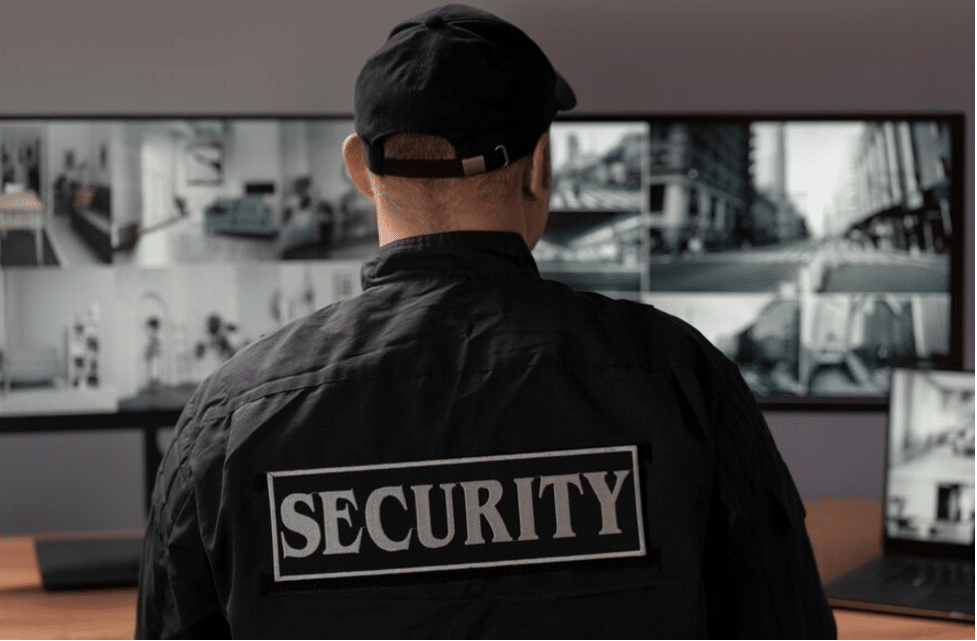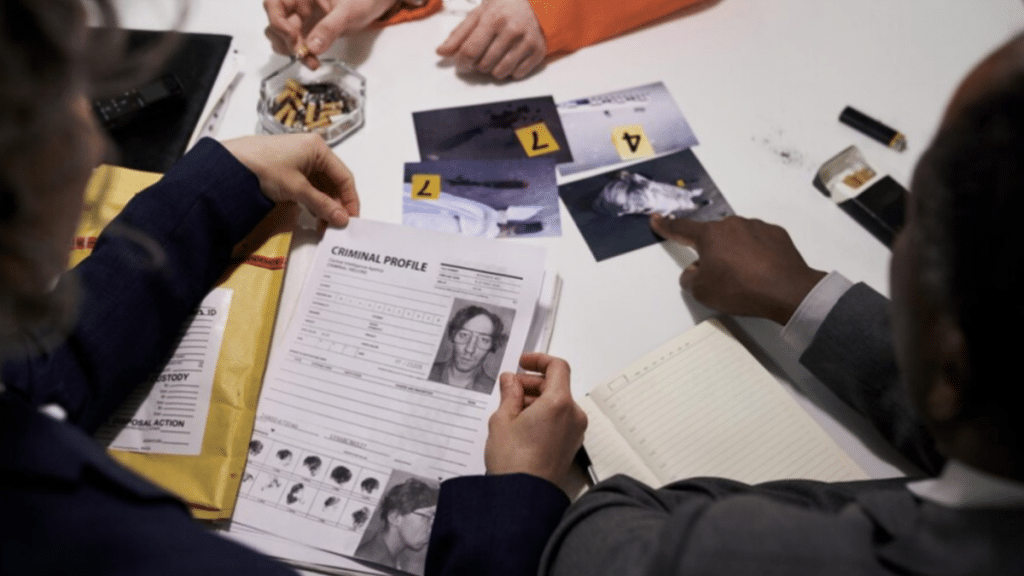Understanding How Criminal Records Affect International Travel
Traveling to other countries with a criminal record can be tricky. Each country has its own laws that decide who can enter, especially for those with a criminal background. Law enforcement groups and immigration officials in these countries work together. They often share information about people who have criminal records.
This means a criminal record can stop someone from being allowed to enter a country. Travelers with past offenses should know about these challenges. They need to be ready to handle them in the right way. If you’re dealing with legal issues related to your record, consulting a criminal lawyer can help you understand your options and prepare for international travel.
The Basics of Traveling with a Criminal Record
Traveling with a criminal record takes careful planning. You need to understand the challenges you may face. First, remember that a criminal conviction, especially for a serious crime, can make it hard to enter many countries. Governments focus on the safety of their citizens. Because of this, background checks are common for travelers. These checks look for people who may pose a risk due to their criminal history.
So, if you have a criminal record, it’s important to have realistic expectations when traveling internationally. There may be restrictions based on the type of offenses in your past.
Key Factors That Determine Entry into Another Country
Several factors decide if a person with a criminal record can enter a different country. Here are some important points to consider:
- Type of Crime: The crime you committed matters a lot. Serious crimes, like human trafficking, drug smuggling, or violent acts, often make it harder to enter a country. Minor crimes, like petty theft or DUI, usually create fewer problems.
- Time Since Conviction: How long it has been since your conviction can affect entry rules. Some countries may ignore older offenses, especially if you can show that you have changed.
- Entry Requirements: Each country has different requirements for entry, and these rules can change. It is important to look up the latest regulations for your destination country.
Navigating the Complexities of Visas and Criminal Records
Visa applications can be more complicated for people with criminal histories. When you apply, you usually have to share your full criminal record, whether or not you have any recent convictions. This is done to evaluate your overall character and any potential risks.
Different countries have their own rules about giving visas to those with criminal records. These rules can change a lot from one country to another. It’s important to research and understand these policies before you apply for a visa.
Visa Requirements for Travelers with Criminal Records
For people with criminal records, getting a visa can be very hard. Many countries ask applicants with felony convictions or certain crimes to face a stricter visa application process. This may include providing more documents. You might need to show things like court records or police certificates. These documents should explain the crime, the time served, and any efforts to change.
Sometimes, a criminal record check is needed for visa approval. This check helps countries see the risks an applicant with a criminal past might bring. Still, it’s important to know that having a criminal record does not always mean you cannot get a visa. Some countries may give waivers or special cases based on the situation.
Countries with Strict Entry Requirements for Criminal Records
Some countries are known for enforcing particularly strict entry requirements for individuals with criminal records. These nations prioritize maintaining a low crime rate and protecting their citizens from potential threats, resulting in rigorous background checks and scrutiny of visa applications. Here are some examples:
| Country/Region | Notes |
| United States | The US has a stringent immigration policy. Even minor offenses can lead to denial of entry. |
| Canada | Canada also maintains tight border controls. Rehabilitation efforts and the nature of the crime are considered. |
| Schengen Area | While visa-free for short stays for many, the ETIAS system (to be implemented) will enhance background checks, potentially impacting those with criminal records. |
| South Korea | South Korea has a points-based system that considers criminal history, potentially affecting visa eligibility. |
| United Arab Emirates | Known for its low crime rate, the UAE requires background checks, and some convictions can lead to denial of entry or employment. |
Keep in mind that this is not an exhaustive list. It’s recommended to consult the respective embassy or consulate for the most up-to-date visa requirements.

Regions with Specific Entry Protocols for Criminal Records
When traveling internationally with a criminal record, rules can vary by location. Each area has its own laws and policies. The European Union (EU) follows common guidelines. Still, each member country can enforce these rules differently. They might also look at specific details about a person’s criminal background.
Generally, the EU makes a difference between small offenses and serious crimes. For example, if someone has a minor offense like a DUI, it may not block entry. But if a person has drug-related offenses or violent crimes, they are likely to face tougher checks.
Entry into European Countries with a Criminal Record
Traveling to Europe with a criminal record needs careful planning. You should know the rules of the Schengen Area, which includes 26 European countries. While they have a shared visa policy, each country can have its own stricter rules. For instance, something seen as minor in one country might be taken more seriously in another.
The laws about drug possession can differ a lot across Europe. This can affect your entry, even for past issues. Similarly, sexual crimes and violent acts are dealt with very seriously. If you are eligible to travel without a visa, it is still important to check the rules of each country. A criminal record can change how long you can stay.
Taking the time to research and follow these rules is important for a fun and smooth trip to Europe.
Traveling to Asia: What You Need to Know
Asia has many different rules for people with criminal records trying to enter. Each country has its own laws and policies. It’s important to do your research before you travel. For example, Hong Kong and Japan usually have stricter entry requirements for people with criminal records. They focus on keeping their citizens safe and have tough background check procedures.
China also has strict rules. If you have a drug-related conviction, you may face serious consequences, such as being denied entry. It is a good idea to reach out to the embassy or consulate for more information. They can help you understand what you need to do to meet the entry requirements.
The United States Perspective on International Travel with a Criminal Record
From the viewpoint of the United States, many things impact international travel for people with a criminal record. The US government focuses on keeping the country safe. This leads to strict rules about travel. Law enforcement groups like the FBI and international agencies like Interpol share information about people with criminal backgrounds.
They share this information to stop individuals with serious past crimes from entering other countries. This is to avoid any risk they may pose. When US citizens travel to other countries, the foreign governments can check this information. This helps them decide if travelers can enter or not.
How the US Evaluates Criminal Records for Incoming Travelers
The United States has a thorough way of checking the criminal records of travelers. This process includes many government agencies and looks at different important factors. The US Department of Homeland Security uses background check systems to look for criminal history, security threats, and immigration issues.
Certain crimes, like not paying child support, human trafficking, or drug trafficking, lead to more careful reviews. The US government focuses on keeping its citizens safe. They work hard to stop anyone who might be a risk from entering the country.
Tips for US Citizens Traveling Abroad with a Criminal Record
If you are a US citizen with a criminal record and want to travel abroad, you can follow these steps to make your trip easier:
- Check with the Embassy/Consulate: Reach out to the embassy or consulate of your destination country early. Ask about their entry requirements for people with criminal records.
- Collect Required Documents: Get all the needed documents ready. This includes your passport, any visa application (if you need one), and papers about your criminal history, like court records or rehabilitation certificates.
- Be Honest: When you talk to immigration officials, be open about your past. Give clear and truthful information when they ask.
Remember, good preparation is essential. If you take these steps, you can help make your travel experience smoother.
